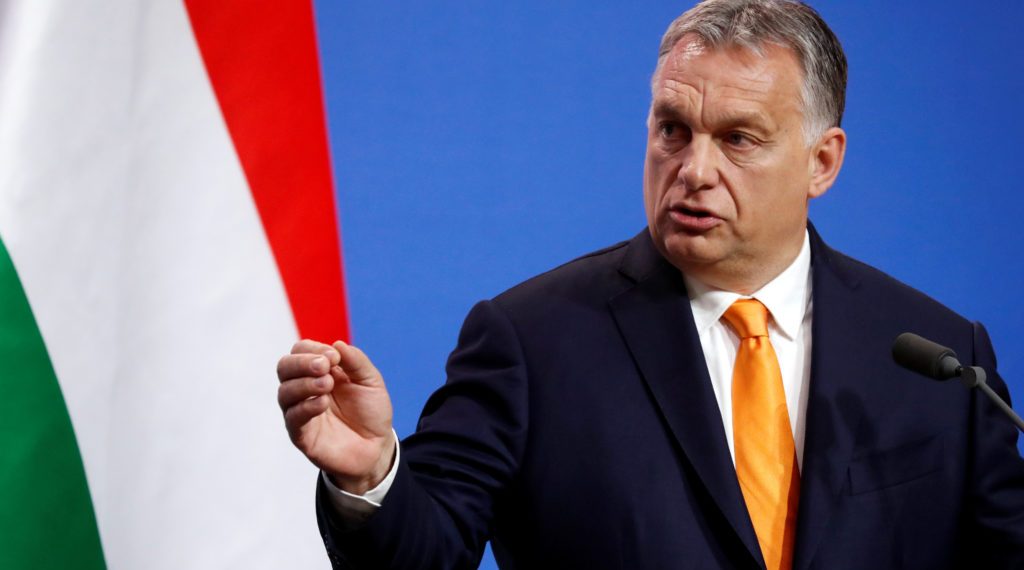Hungary’s Prime Minister Viktor Orban has long positioned himself as a defender of Christian values, decrying what he portrays as a threat of gender ideology infiltrating the nation. However, a recent scandal involving the pardon of a man convicted of covering up sexual abuse at a children’s home has rocked his government.
President Katalin Novak, a close ally of Orban, resigned amidst public outrage over her decision to pardon the deputy director of the children’s home. She admitted to making a mistake, acknowledging that she had misjudged the severity of the convict’s actions.
The scandal escalated when it was revealed that the pardon was approved by former Justice Minister Judit Varga, another prominent figure in Orban’s ruling Fidesz party, who also resigned. The resignations of Novak and Varga have raised questions about the government’s handling of the situation and its commitment to protecting children.
Orban, known for his nationalist and conservative stance, swiftly proposed changes to Hungary’s constitution to prevent future pardons for crimes against children. Critics, however, view this as an attempt to deflect attention from the government’s failure to address the issue effectively.

The scandal has sparked rare protests in Hungary, with demonstrators expressing anger at the government’s handling of the situation. Despite Orban’s attempt to distance himself from the controversy, questions remain about his leadership and the integrity of his government.
The incident has also cast doubt on Hungary’s bid for increased influence in Brussels, particularly in the upcoming European elections. While Orban’s grip on power may remain intact, the scandal has tarnished his image and raised concerns about his administration’s priorities and values.





